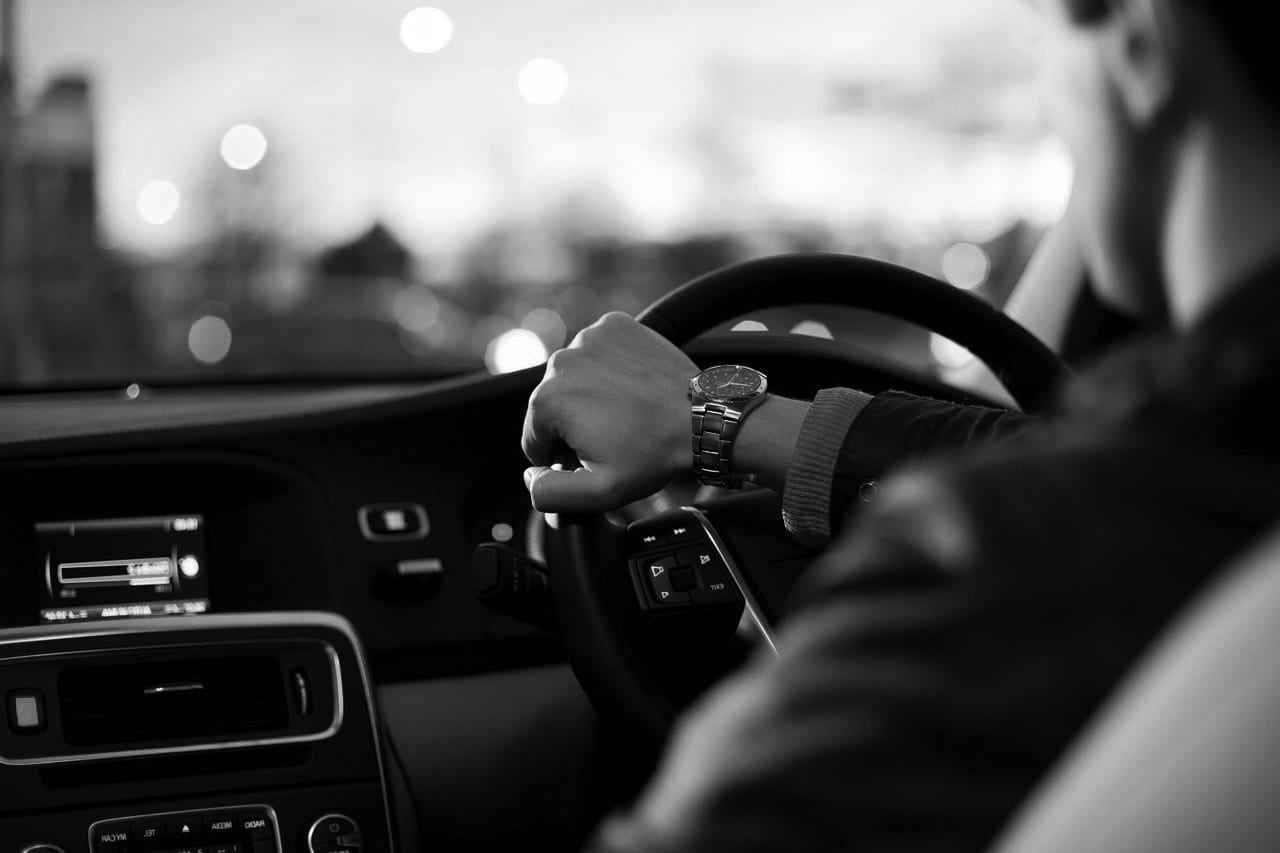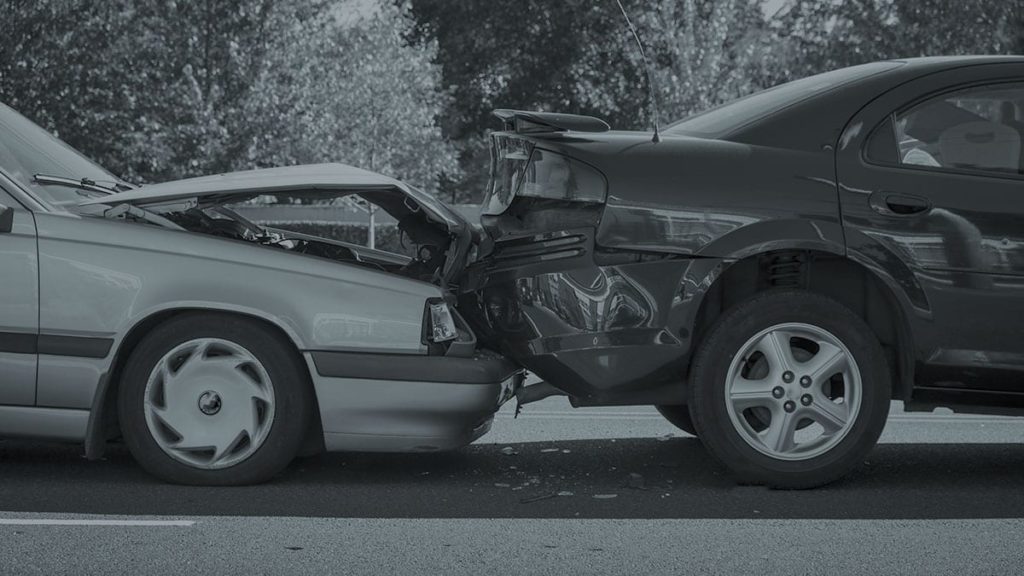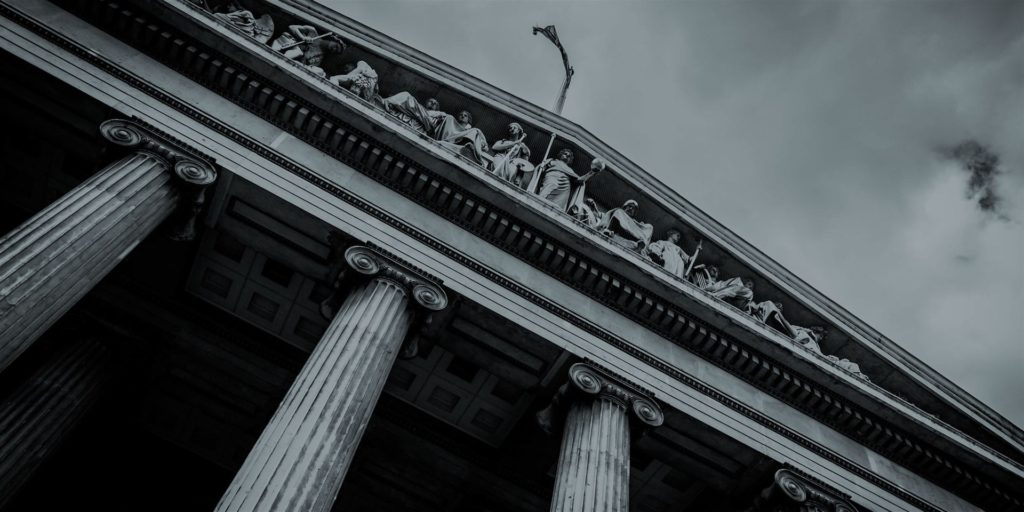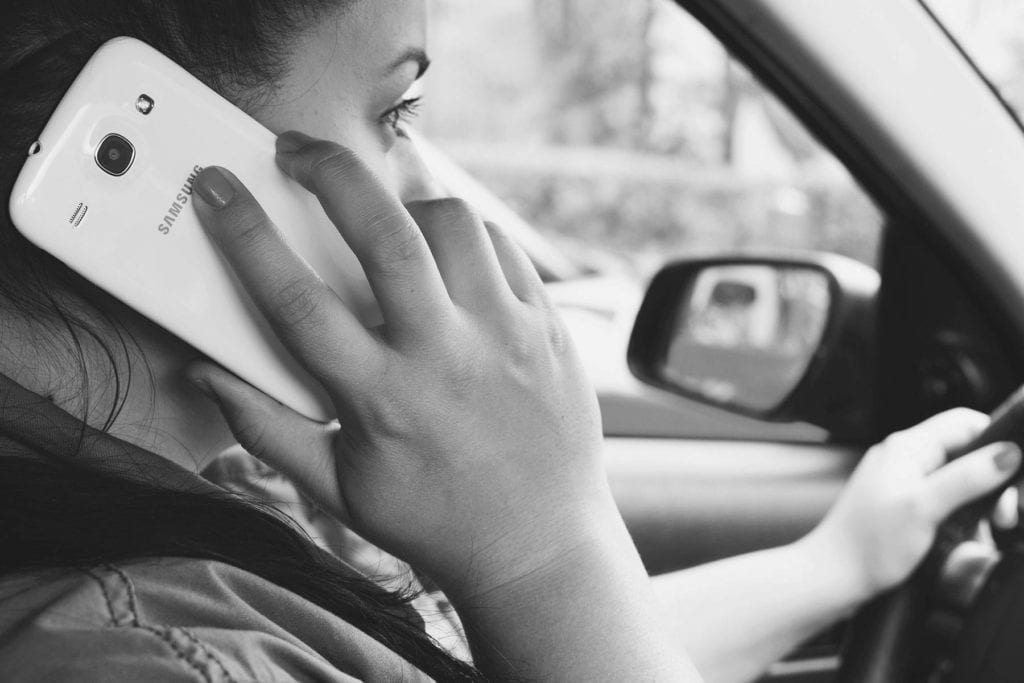Send your enquiry.
Contact us for a free, initial no obligation consultation.
"*" indicates required fields
Your information is safe and treated in accordance with our Privacy Policy
Drink driving is when you are found operating a vehicle while over the prescribed alcohol limit. Drunk in charge is when you are in control of a vehicle while over the prescribed limit. There is no set definition of what it means to be ‘in charge’ of a vehicle, but there must a realistic possibility that you will attempt to drive while over the limit.
Drunk and in charge of a vehicle
Drink driving offences are serious and can result in severe penalties, including a driving ban. If you have been charged with drink driving or being drunk in charge of a vehicle, please contact us at Ashmans drink driving Solicitors. We offer an initial consultation and can help to preserve your driving privileges. One defence may be the hip flask defence back calculation.
What does ‘drunk in charge’ of a vehicle mean?
To be guilty of being drunk in charge of a vehicle, you must be:
- In a public place
- Over the prescribed limit for alcohol, which in England and Wales is 35 micrograms of alcohol per 100ml of breath
- In charge of a vehicle
The first two points are easy to understand. Either you are in a public place, or you are not. Also, a breath test either shows that you are over the prescribed limit, or you are not. However, there is no set definition of what it means to be ‘in charge’ of a vehicle. The courts are reluctant to pinpoint precisely what constitutes being in charge of a vehicle. Typically, it is any situation in which:
- You have control of a vehicle, and
- There is a reasonable prospect that you will drive
What does being in control of a vehicle mean?
So, how do the courts determine if you were in control of a vehicle and if there was a reasonable prospect that you would drive? Again, there is no set definition. It all depends on the circumstances.
Usually, being in control of a vehicle means that you have the keys in your possession. In other words, you could have driven the car, had you wanted to. As to your intentions, this will come down to your behaviour on the day/night in question.
If the court decides that you did intend to drive, then the timeframe will be compared to the alcohol level in your system. So, you may say that you intended to drive the morning after the night before. But if your blood alcohol content would still have been above the prescribed limit, you will be guilty of the offence.
Examples of being drunk in charge
People are often caught out by a drunk in charge offence. Normally what happens is that they drink alcohol and then return to their vehicle for a temporary period. They may intend to sleep in the car, they may have lost their house keys, or they may have been separated from their friends. Whatever the reason, they are found in or near their vehicle while over the prescribed limit.
The keys might be in the ignition, whether through force of habit or to enable the operation of the windows or heating. However, this is not a prerequisite of being drunk in charge. The accused may have the keys in their pocket. They may even be curled up in the backseat or the passenger seat, rather than the driver’s seat.
There are numerous examples of what might amount to being ‘drunk in charge’. Every case depends on the circumstances. Ultimately, it comes down to whether you could technically have operated the car – because you had the keys on your person. And whether you intended to drive, either immediately or at some point in the future, while you were still over the legal limit.
How does being drunk in charge differ to drink driving?
Being drunk in charge of a vehicle is not the same thing as drink driving. Drink driving is when you are actually driving while over the prescribed limit. This means that the vehicle is, or has been, in motion.
Clearly, there is room for some overlap between the two offences. For example, if you are sat in the driver’s seat with the ignition on, does this amount to being drunk in charge, or drink driving? In the court’s eyes, it is situational. If a driver was indicating and preparing to move out into the road, this could be classed as drink driving. But if the driver was parked and asleep, then he/she is more likely to be charged with being drunk in charge.
What are the penalties for being drunk in charge vs drink driving?
Another key difference between the offences is the penalties imposed. The penalties available to the court for being drunk in charge are:
- Up to 10 penalty points
- A financial penalty
- A discretionary driving ban
- imprisonment
- Community Order
The penalties available to the court for drink driving are:
- A financial penalty
- A mandatory driving ban for at least one year, or three years if convicted twice in the past 10 years
- imprisonment
- Community Order
Defending charges of drink driving and drunk in charge
Given these penalties, being accused of drink driving or drunk in charge is a scary prospect. You face the very real possibility of losing your licence, along with a raft of other adverse consequences. However, there are defences available.
When it comes to defending accusations of being drunk in charge, the key is often to prove that you did not intend to drive. If you had no intention of actually operating the vehicle while under the prescribed limit, the prosecution’s case will fail. The burden is on you to establish this and to persuade the court of your innocence. This can be achieved with circumstantial evidence, along with toxicology reports that show you would have been under the limit, by the time you intended to drive.
If the police claim they have caught you drink driving, then your case will likely hinge upon a technical defence. The police have various procedures they must follow when testing and arresting someone for drink driving. If there was any deviation from the rules, the case against you cannot proceed.
There are also other defences available. For example, you might have been on private property, or you might have a special reason for drink driving. This could be any mitigating circumstances that explain why you needed to drive while other the limit, such as a medical emergency or fleeing danger. Alternatively, you could rely on the hip flask defence. This is when you drank alcohol after driving but before providing a sample of breath, blood or urine.
Speak to a motor offence solicitors London
Whether you have been charged with drink driving or being drunk in charge of a vehicle, we know what to do. We have a specialist team of drink driving solicitors who can devise the best strategy in your particular case. Thanks to our expertise, we know how to minimise the consequences of a drink driving charge.
Contact us now for an initial enquiry. You can call us on 0333 009 6275. We are available 24 hours a day, 7 days a week. See our motoring defence fees page to find out more about our fixed fees.
You can also email us on enquiries@ashmanssolicitors.com or complete our Online Enquiry Form and we will contact you
What is drink driving UK
In the UK, drink driving refers to the act of operating a motor vehicle on a public road or in a public place while under the influence of alcohol. The legal limit for blood alcohol concentration (BAC) while driving in the UK is 80 milligrams of alcohol per 100 milliliters of blood, or 35 micrograms of alcohol per 100 milliliters of breath. If a driver is found to have a BAC above this limit, they can be charged with drink driving
What is considered drinks driving
Being in charge of a vehicle while above the legal limit or unfit through drink.
Can you be charged if drunk in car but not driving
In the UK, it is possible to be charged with an offense even if you are not driving a car but are drunk and in control of the vehicle. This offense is known as “being in charge of a motor vehicle while under the influence of alcohol” and it is a criminal offense under the Road Traffic Act 1988.




